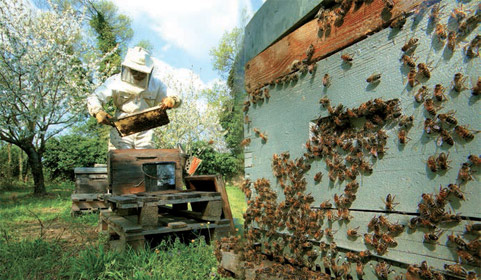The collective album "Dracula in comics" will be launched by the Brasov County Museum of History on Wednesday at the Great Hall of ARCUB - Hanul Gabroveni, informs a press release sent to AGERPRES.
The album brings together the works of 47 authors or teams of authors, being the first collective album of comic books dedicated to the character Dracula and at the same time the largest collective album of Romanian comics published so far and the largest - 251 pages of comics made especially for this project, breaking the records set by the album "Histories of '89 in comics", another project of the Brasov County Museum of History.
The launch event will be attended by the initiator of the editorial project, the manager of the Brasov County Museum of History, Nicolae Pepene; the director of the National Library of Romania, Professor Adrian Cioroianu; the comic historian Dodo Nita; Octav Ungureanu, Alexandru Ciubotariu, the artists coordinators of the album. Many of the artists who have participated with their works will also be present at ARCUB and will hold autograph sessions - Valentin Tanase, Radu Oltean, Adrian Barbu, Vintila Mihaescu.
The comics album opens with the study "Dracula the Immortal" by historian Nicolae Pepene, which brings a lot of information and unpublished images, especially about the "relationship" of Romanians with Dracula. The 40 pages of the study are divided into chapters: "Of Dracul", "Prince Dracula", "Portraits o Dracula", "Why don't you come, Vlad the Impaler, my lord?", "A hell of a Count", "The Un-dead", "War, sex and redemption", "He looks like Dracula", "Romanians and Dracula", "The Americans are coming!", "Dracula, travel agent", "Dracula has died! Long live Dracula", "Money is the devil's eye!", "(D)racula (C)omics", "Vlach ballad", "Dracula's Library".
In this context, the album "Dracula in comics" is also a homage to the writer Alexandru Hodos, the first Romanian translator of the novel Dracula (1928 - 1929), and to the artist Charles Benedek, the first Romanian cartoonist of Count Dracula (1928).
































Comentează